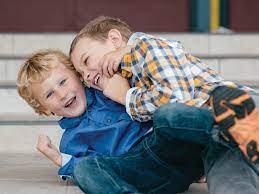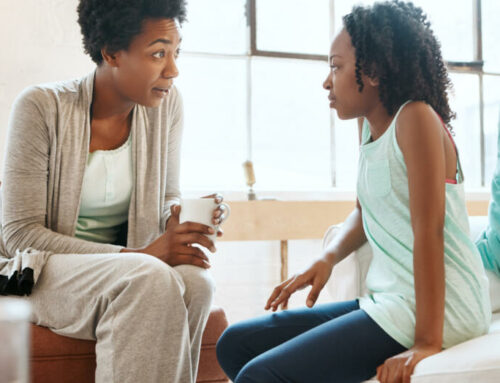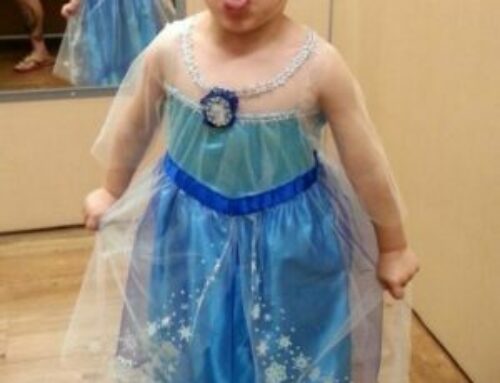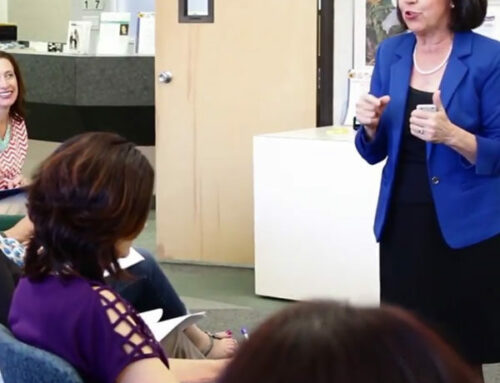
Roughhousing should be fun for all involved.
Roughhousing or Fighting and What Should We Do?
Do you let your kids roughhouse? If not, you may want to start. Roughhousing is an important part of a child’s development and can have many benefits. In this blog post, we will discuss the importance of roughhousing and the difference between fighting and roughhousing. We will also provide some tips on how to make sure that your roughhousing is safe and fun for everyone involved!
Roughhousing can help kids learn important life skills. It can teach them how to control their emotions and impulses, how to negotiate and share, and how to resolve conflict. Roughhousing can also help kids develop strength, coordination, and balance. And it’s a great way for kids to burn off energy!
But what is the difference between roughhousing and fighting? Roughhousing is usually playful and good-natured, while fighting is aggressive and often has a winner and a loser. Roughhousing is with equally sized children or if with an adult, there is an understanding of the size difference. This activity should be safe for everyone involved, with no one getting hurt on purpose. When roughhousing, kids should be able to take turns being the aggressor and the receiver. And when it’s time to stop, everyone should be able to agree on when it’s time to stop.
If you’re going to roughhouse with your kids, there are a few things you can do to make sure that everyone stays safe and has fun.
First, set some ground rules before you start. Make sure everyone knows what is and is not allowed. Both parties have to agree to the rules.
Second, roughhouse with your kids on a soft surface, like a bed or a couch. This will help cushion any falls. Safety above all.
Finally, keep an eye on your kids and make sure that they are not getting too rough. If someone starts to get hurt or doesn’t want to play anymore, it’s time to stop. Step in and ask if everything is going OK? Your watchful eye and presence are key. Set a code word ahead of time that everyone agrees on and honors.
For young children, hugging and giggling and rolling is fun and it releases oxytocin that feel-good hormone that we all have. Young children enjoy roughhousing and my favorite book is by Lawrence Cohen, Ph.D. called Playful Parenting.
Personally, I’ve rediscovered roughhousing with my grandchild who giggles to such delight when we roll over on the floor. To better understand other normal and helpful skills when dealing with young children join my parenting Masterclass and let’s go on this journey together. Link here for more information.




